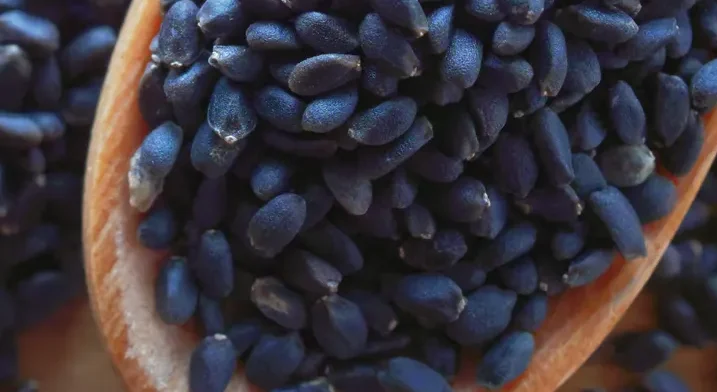LEGUMES
Black Chickpeas
Black chickpeas deserve a standing ovation at this particular farm, and growing legumes is generally a planet-friendly solution for all.Legumes are nitrogen fixers and are all-stars when it comes to maintaining soil health. Growing legumes can promote soil microbial activity, help naturally smother weeds, and improve the physical environment of the soil. Legumes are pros at pulling carbon out of the atmosphere, and some scientists predict that legumes can store 30% more carbon compared with other plants.
Another PLUS of Black Chick Peas is generally it is agoo addition to anyone’s diet. Plant-forward diets that include legumes are linked with benefits like lower cholesterol, better blood pressure, and decreased risk of certain chronic diseases. A study says that only 8% of adults in the US eat legumes on the regular basis Fine foods recommends so most of us can step it up and reap the benefits of healthy life.
Black Chickpeas contains a wide range of phytochemicals including carbohydrates, amino acids, proteins, flavonoids, iron, phosphate, chloride etc. These phytochemicals serve as antioxidants and prevent various cancers. Regular intake of black chickpeas strengthens bones.
According to the USDA, kala chana contains 127 calories per 35 gram (1.2 ounces) dry serving size, making a serving worth about 6 percent of daily calories at the 2,000 calorie level.
Black Chickpeas: A Superhero Legume

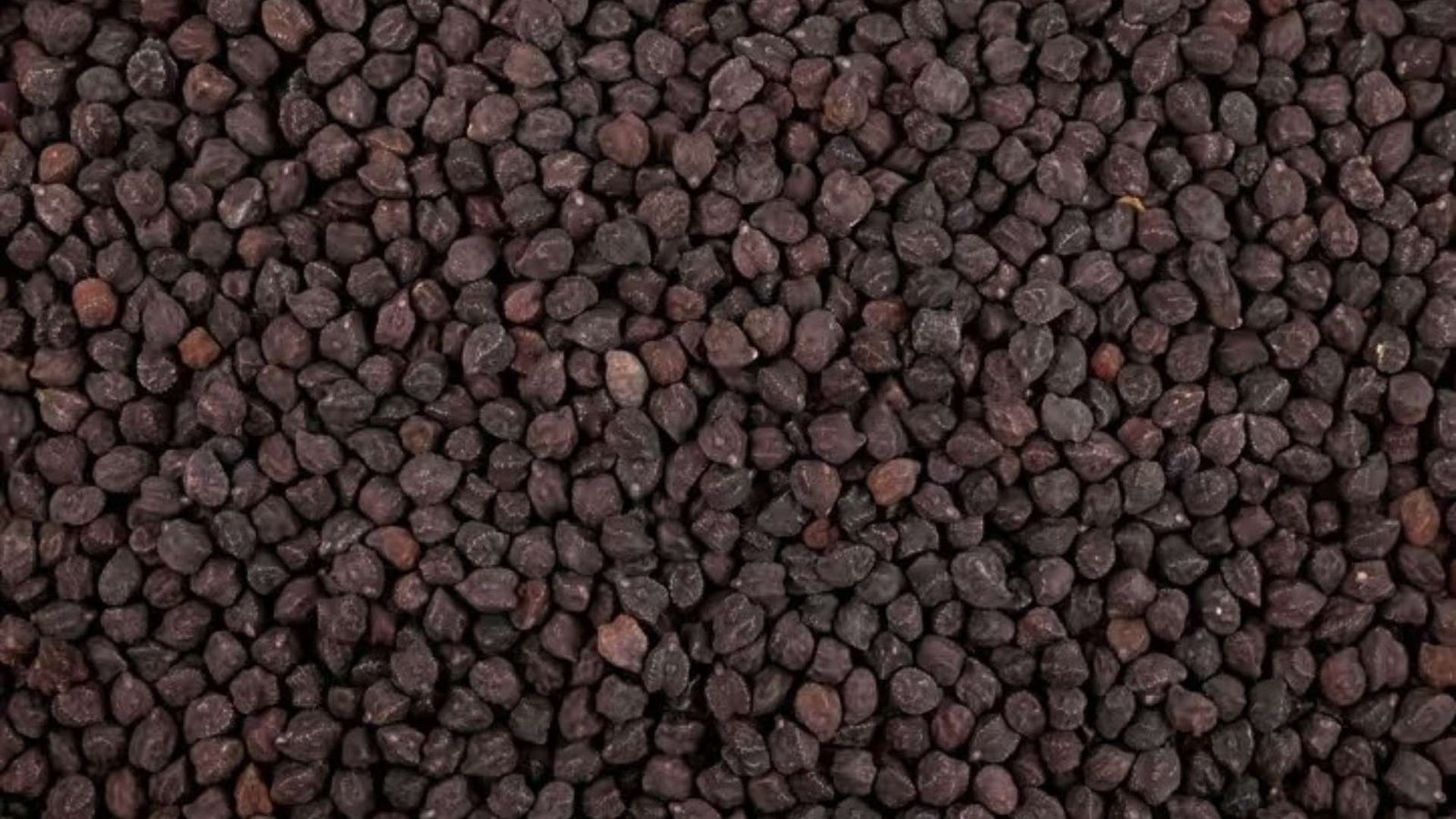
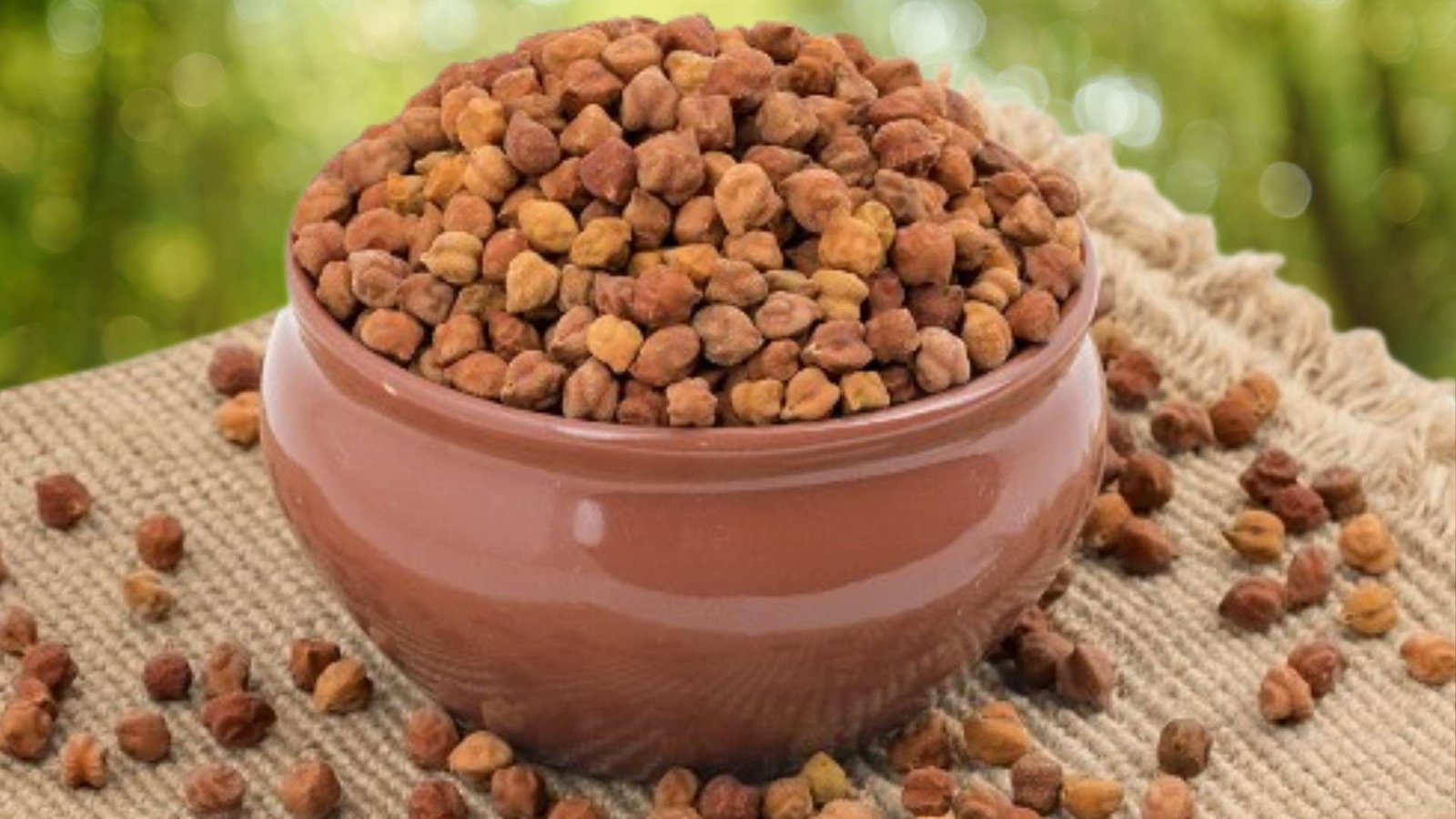
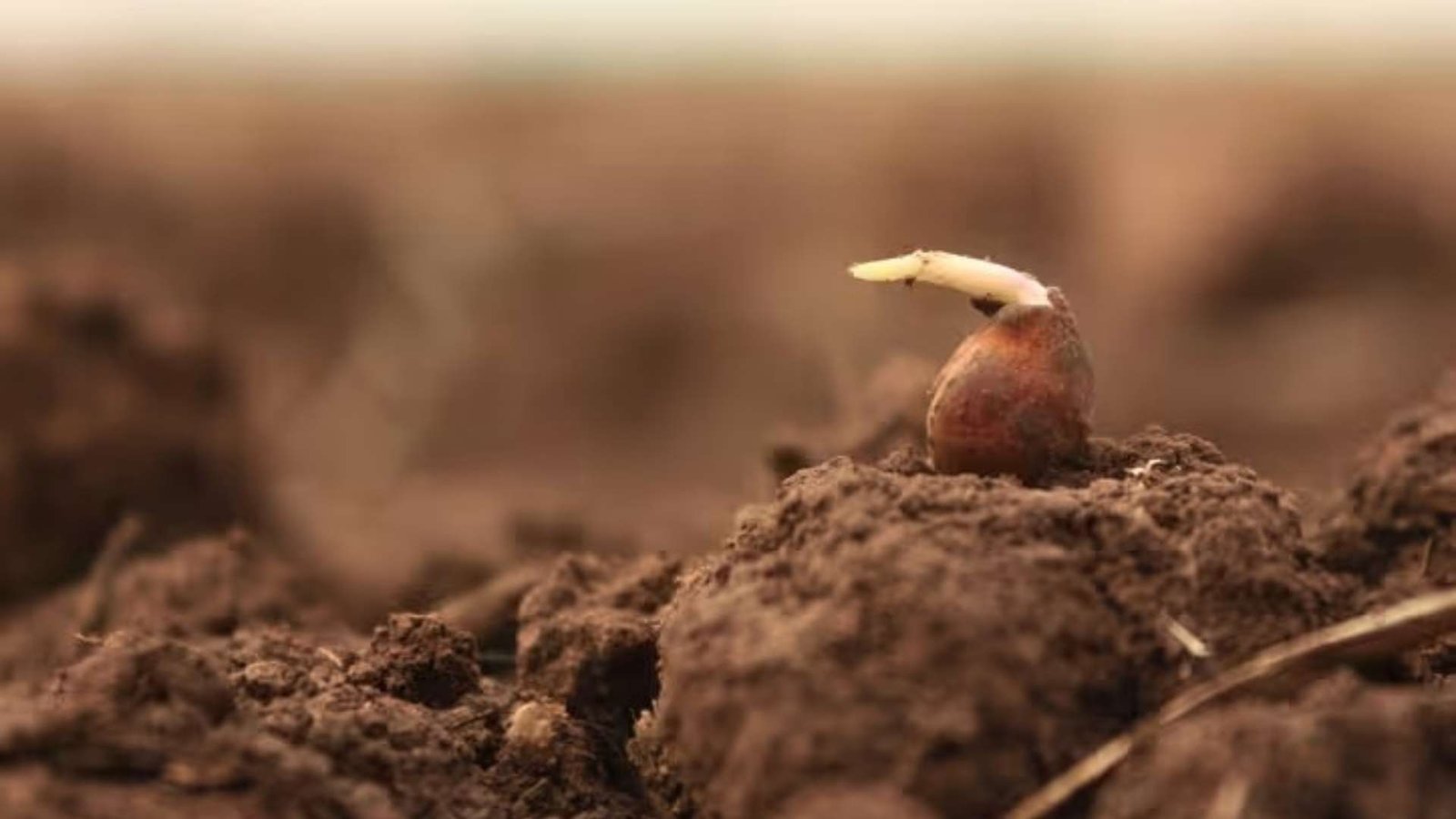
Black rice
Black rice (also known as forbidden black rice or emperor’s rice) is used in traditional Chinese medicine. It was once reserved only for the wealthy and powerful to ensure their health and long life. No one else was allowed to eat it. Fortunately, that’s no longer the case, and Fine foods procures black rice from the continent of Asia.
It’s linked to numerous benefits, such as helping to:
1.Aid weight control.
2.Boost eye health.
3.Protect against cancer, diabetes and heart disease.
4.Reduce inflammation.
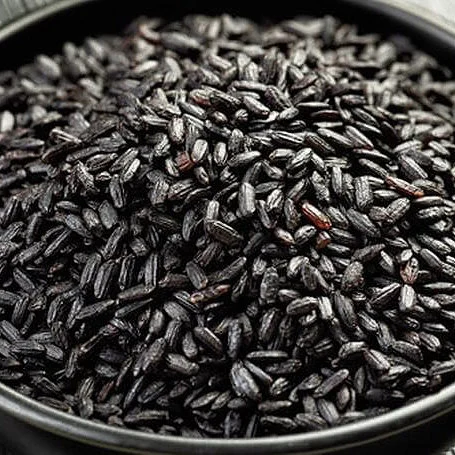
black beans
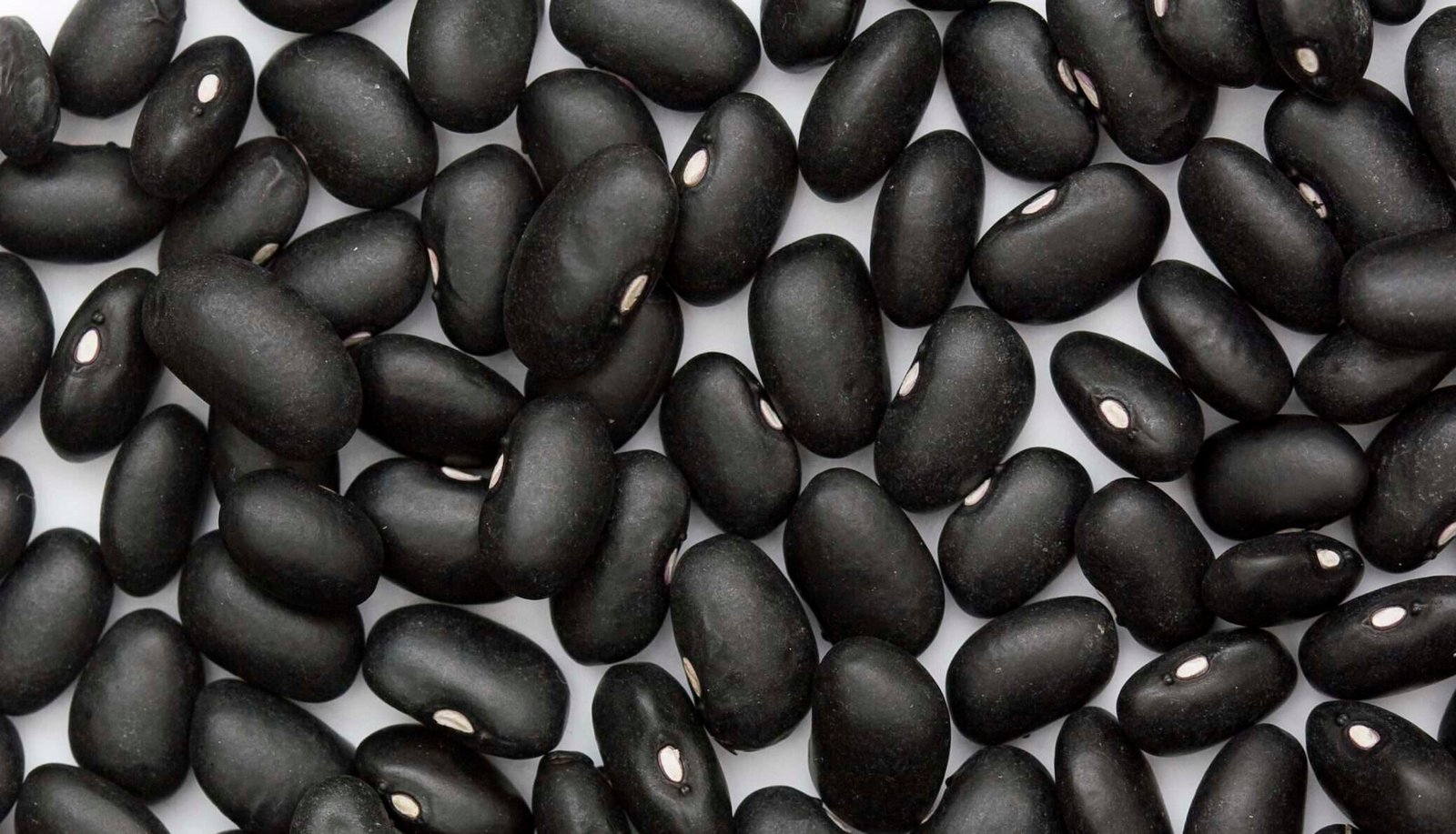
- Black beans are an excellent source of protein.
- Black beans are a high-fiber, gut-healthy food.
- Black beans provide important B vitamins.
- Black beans help to manage blood sugars.
- Black beans contain minerals that support bone health.
- Black beans can help boost immune system health.
- Black beans can help prevent heart disease.
Basil seeds
Basil seeds, known as “Tulsi Naz-bu” , “Sabja seeds” or “Tukmaria” in the Indian subcontinent, are seeds that are black in color and become soft and gelatinous when soaked in water. “Basil Seeds” are very good source of vitamins and minerals, such as Iron, Calcium, magnesium and contain a great amount of dietary fiber which prevents weight gain and aids in digestion.
